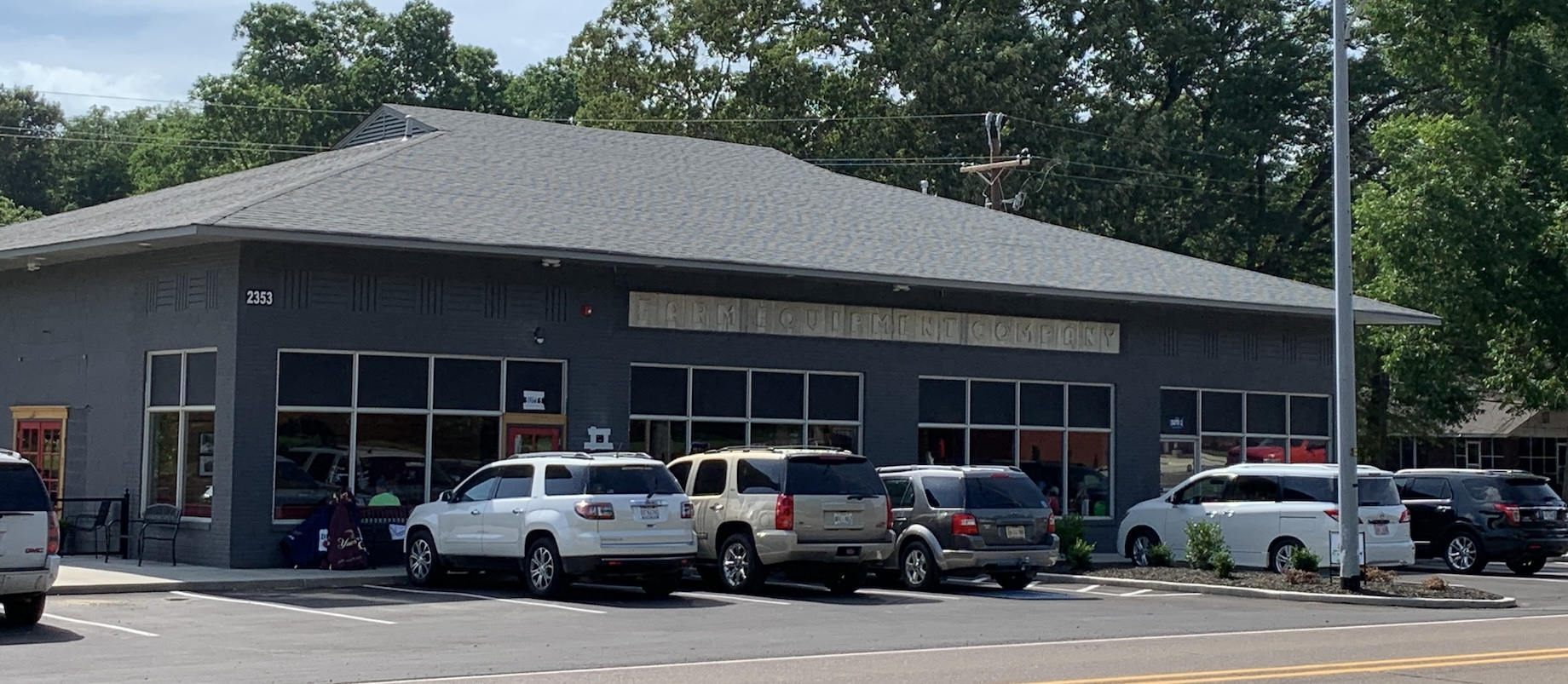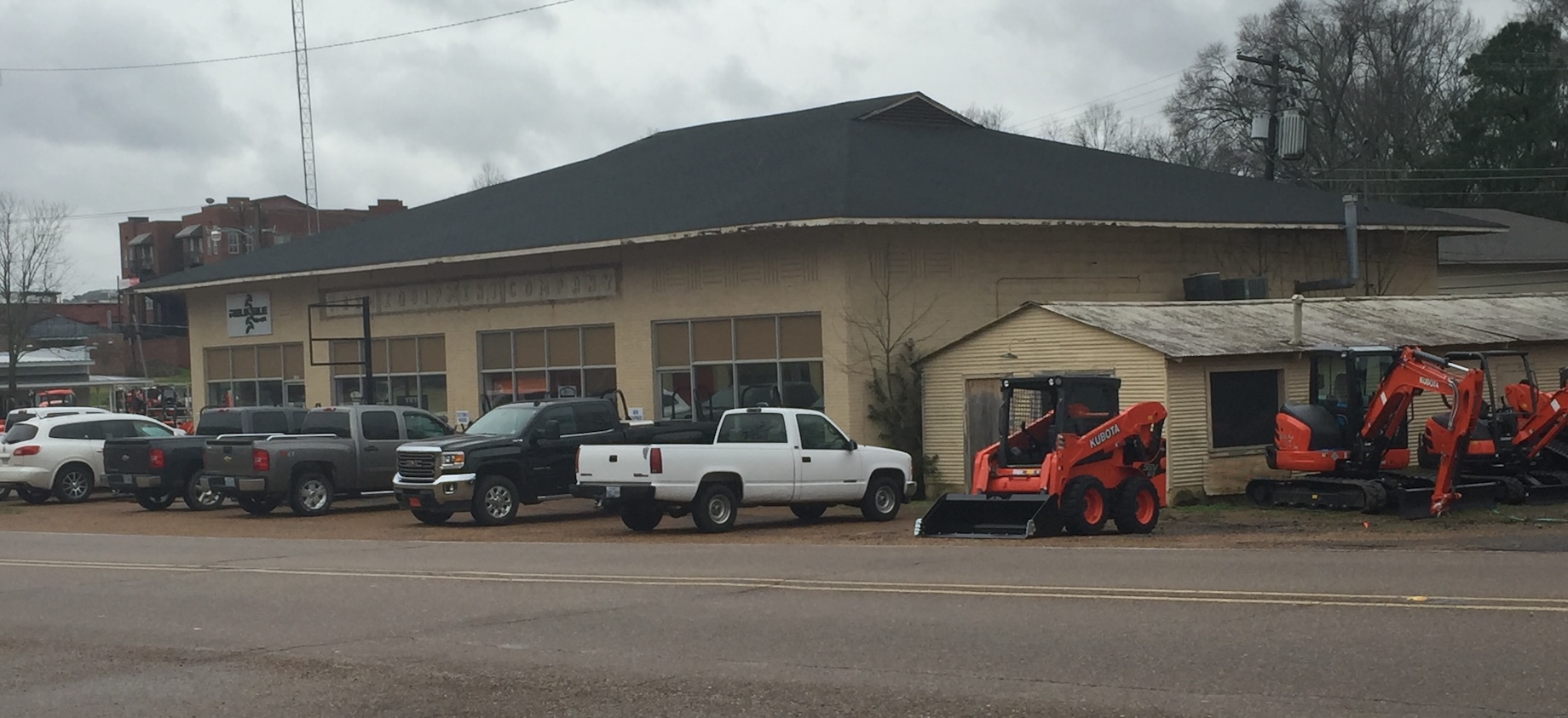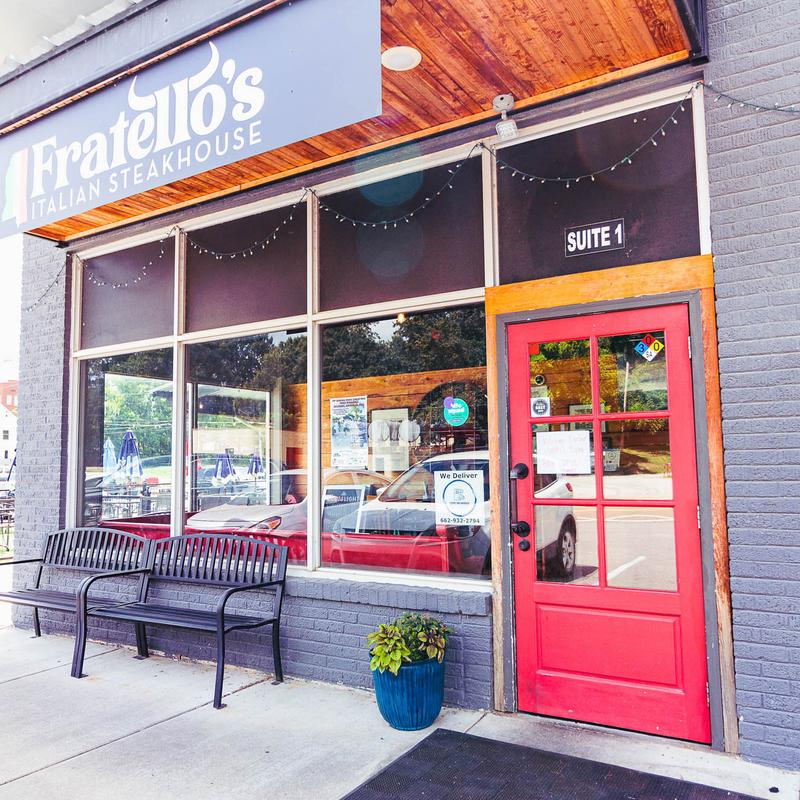The Short Version
- Hernando, Mississippi, leveraged EPA Brownfields Assessment Grants and state tax incentives to turn long-vacant sites into new retail and dining destinations.
- Public-private partnerships helped remove redevelopment barriers and boost local confidence among property owners and investors.
- Hernando’s approach offers a replicable model for other small towns seeking sustainable growth and earned ICSC’s 2025 Excellence in Community Advancement Award for Rural Development.
Public-Private Partnerships Drive Hernando’s Rusted-to-Revenue Renewal
Amid a narrative around small communities’ dying downtowns, population loss and rusting infrastructure, some small towns are getting creative, using public-private partnerships to revive dormant commercial properties.
One is growing Hernando, population 20,000. Set in northwestern Mississippi, it’s part of the Memphis, Tennessee, metro. For the past 13 years, Hernando has been diligently lining up Environmental Protection Agency grants and state credits to turn blighted properties into restaurants and retail.
Hernando and its partnerships were lauded on a national stage this year as role models for how small towns can make large impacts, earning a 2025 ICSC Excellence in Community Advancement Award in the Rural Development category. The newly created award program recognizes transformative public-private partnerships.
More 2025 ICSC Excellence in Community Advancement Award Winners
How a Public-Private Partnership — and a Court Battle — Shaped Nine Mile Corner
How a 40-Year Partnership Brought a $400M Resort and a Museum to Oklahoma City
How a TIF Helped Transform an Empty AT&T Campus Into Bell Works Chicagoland
PGA Frisco: A Public-Private Partnership Driving North Texas’ Mega Mixed-Use Development
EPA Brownfields Grants Help Property Owners Identify and Manage Contamination Risks
Hernando received a $400,000 EPA Brownfields Assessment Grant in each 2012 and 2016. Much of that money has funded environmental assessments for its property owners, enabling them to identify environmental liabilities before they attempt to sell, said the city’s community and economic development director, Gia Matheny.
The grants can remove contamination as a major concern among potential buyers or tenants, said Hernando City Planning Director Austin Cardosi. “It’s much harder to market a property without an assessment.”
Municipalities also can use the grants to bring together stakeholders like city staff, developers, consultants, architects, citizen groups and others in multiday planning sessions. Developments kick-started by EPA grants ultimately helped stabilize a city’s neighborhoods, add jobs and boost its tax base, he said.
Environmental Assessments Clear the Way for New Retail and Restaurants
One of those assessments cleared the way for the sale of a 70-year-old, defunct Reliable Equipment tractor dealership and repair facility that had been an eyesore for years. The assessment indicated the work that needed to be done on the site, and that clarity empowered developer Hernando Town Properties to buy the property in 2018 with plans to remediate the land and create a new restaurant and retail building.
Environmental work included excavation and disposal of 226 tons of petroleum-impacted soil, removal and disposal of two underground storage tanks found during excavation and backfilling of the site with a mixture of clean sand and clay, according to the project’s environmental consultants, PPM Consultants. Several Hernando property owners seeking a better entryway to town banded together on their own to contribute an additional $60,000 for the property’s cleanup, Matheny said.
The renovated building opened in 2019 with Uncle Bubba’s Barbecue & Smokehouse and a lifestyle boutique, Social x Saint as its first tenants.

In 2019, a restaurant and store replaced a 70-year-old, defunct tractor dealership and repair building in Hernando, Mississippi, thanks to an Environmental Protection Agency Brownfields Assessment Grant and a state incentive for environmental remediation. Photo courtesy of the city of Hernando, Mississippi

The Reliable Equipment building had been an eyesore in Hernando for years and its revamp spurred further investment in the previously blighted site. Photo courtesy of the city of Hernando, Mississippi
State Tax Breaks Drive Private Investment in Hernando’s Redevelopment
Hernando Town Properties got an additional incentive via the Mississippi Economic Redevelopment Act, which Matheny called “the most robust incentive in the nation for redevelopment of a brownfields site.” When new owners clean up contaminated sites, MERA exempts the tenants’ sales tax, state income tax and franchise tax for as long as 15 years up to a total of 2.5 times the amount of their remediation costs. The restaurant and store generated enough revenue to reach that max in just three years.
The grant and incentives empowered Hernando Town Properties to acquire a highly visible property, gave community members a new gathering place and enabled the city to add tax revenue. “MERA is especially attractive to cities like ours because we don’t have to give up property taxes as incentives,” Matheny said.
The property produces about $17,500 in annual property taxes, according to an EPA report on the project. That compares with $6,000 before redevelopment. The two current tenants — Fratello’s Italian Steakhouse and Tea & Tisanes tea shop and tea room — together employ more than 40 local full- and part-time workers.

Fratello’s Italian Steakhouse has replaced Uncle Bubba’s Barbecue & Smokehouse. Photo courtesy of the city of Hernando, Mississippi
Clean Assessments Lead to New Tenants and Revitalized Gateways
Other Hernando businesses used assessment money for properties where little or no contamination has been found, Matheny added.
Hernando’s first Whataburger opened at a former gas station site that had suffered a gas spill years ago after a customer fainted and drove into a gas pump, Matheny said. The owner was considering a sale, but an EPA Brownfields Assessment Grant cleared the property of concern and he instead opted to retain the property and serve as landlord, said Matheny. “The owner got the assessment and a new clean bill of health that gave him the ability to recruit Whataburger, which revitalized the area and improved another entranceway to the city,” she said.
Thanks to the grant assessment, Whataburger too had few qualms about the well-located site, Cardosi said. In fact, he pointed out, “Whataburger came to us about locating here, not the other way around.”
By Steve McLinden
Contributor, Commerce + Communities Today